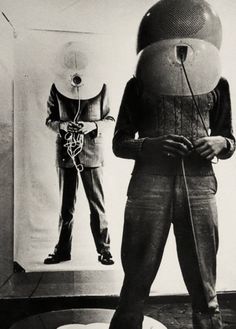So much has been written about the Internet of Things, the pluses and minuses, but Bruce Schneier does an impressive job of analyzing its challenges in a new Forbes piece. We won’t just log into the machine–the machine will be everything, though it will be so quiet, not even a hum, that we’ll barely notice it. The writer identifies the IoT as a “world-sized robot” and calls for the establishment of a “Department of Technology Policy.” The opening:
The Internet of Things is the name given to the computerization of everything in our lives. Already you can buy Internet-enabled thermostats, light bulbs, refrigerators, and cars. Soon everything will be on the Internet: the things we own, the things we interact with in public, autonomous things that interact with each other.
These “things” will have two separate parts. One part will be sensors that collect data about us and our environment. Already our smartphones know our location and, with their onboard accelerometers, track our movements. Things like our thermostats and light bulbs will know who is in the room. Internet-enabled street and highway sensors will know how many people are out and about—and eventually who they are. Sensors will collect environmental data from all over the world.
The other part will be actuators. They’ll affect our environment. Our smart thermostats aren’t collecting information about ambient temperature and who’s in the room for nothing; they set the temperature accordingly. Phones already know our location, and send that information back to Google Maps and Waze to determine where traffic congestion is; when they’re linked to driverless cars, they’ll automatically route us around that congestion. Amazon already wants autonomous drones to deliver packages. The Internet of Things will increasingly perform actions for us and in our name.
Increasingly, human intervention will be unnecessary.•
Tags: Bruce Schneier

